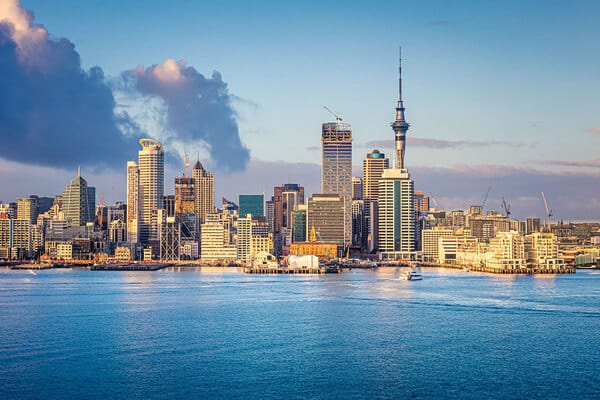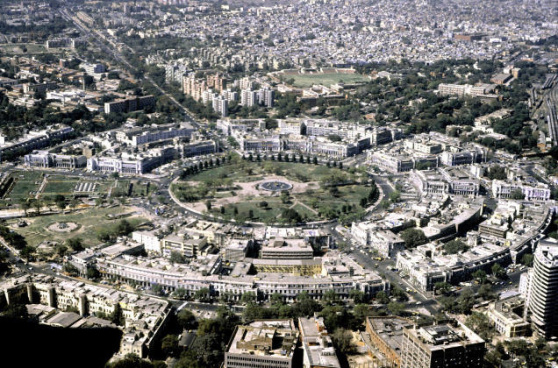
The Economist Intelligence Unit (EIU) releases the Global Liveability Index 2021, on June 9. New Zealand’s capital city Auckland was ranked first in the index. Osaka, Adelaide, Wellington, Tokyo, Perth, Zurich, Geneva, Melbourne, and Brisbane made it to the top 10 owing to their strong response to the COVID-19 pandemic.
To rate the cities on the liveability scale, EIU conducted a liveability survey was collected from February 22, 2020, to March 21, 2021, the period that witnessed multiple waves of the pandemic across the world. The overall global average liveability fell by seven points as compared with the pre-pandemic score, stated the report.
Auckland topped the list due to its response to contain Covid-19 faster, leading to the early lifting of restrictions than other cities worldwide. The survey included six of the 10 cities from New Zealand and Australia. These countries imposed tighter border controls from the early days of the pandemic that allowed residents to live a relatively normal life.
Also Read: TSRTC encourages people to use T-App & website for various services amidst lockdown
The report showed a decline in liveability in many European cities as they closed schools, restaurants, and more to tackle the second wave of the pandemic. Though the pandemic was hard-hitting on the healthcare systems in most cities globally, cities in western Europe and the Asia-Pacific region were least affected.
Honolulu became the city that showed the most improvement jumping 46 places to get 14th place on the liveability index.
Ranking a few cities to the bottom positions in the index, the report stated, living conditions remained worst in Damascus, the capital of Syria. 10 cities that were ranked the lowest include – Damascus (Syria), Lagos (Nigeria), Port Moresby (Papua New Guinea), Dhaka (Bangladesh), Algiers (Algeria), Tripoli (Libya), Karachi (Pakistan), Harare (Zimbabwe), Douala (Cameroon), Caracas (Venezuela).





















